
Latest Eurasia Daily Monitor Articles
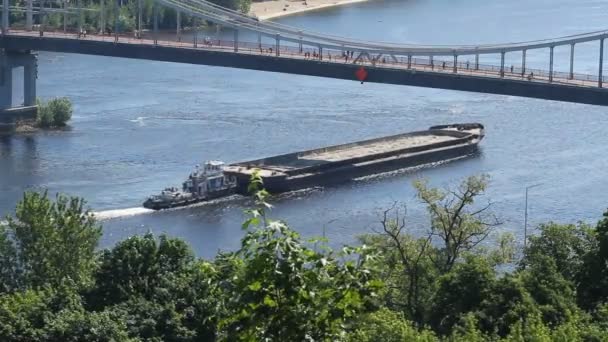
The E40 Waterway: Economic and Geopolitical Implications for Ukraine and the Wider Region
On April 24, the Ukrainian Parliament adopted a first reading of the bill “On Inland Water Transport,” finally codifying important planned reforms pertaining to riverine transportation in Ukraine—in particular, on the Dnipro River (Mtu.gov.ua, April 24). This new law creates a framework regulating the functioning... MORE
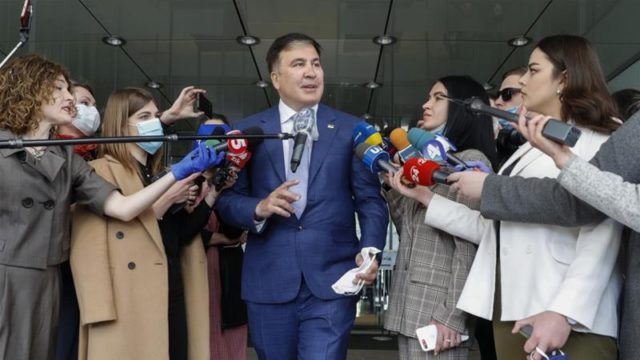
The Politics of Reform: Saakashvili’s Odesa Mission (Part Two)
*To read Part One, please click here. While Mikheil Saakashvili served as governor of Ukraine’s Odesa Province (May 2015–November 2016), the region presented the former Georgian president with hurdles not only to system reforms but even to rational management as such. Those obstacles included:... MORE
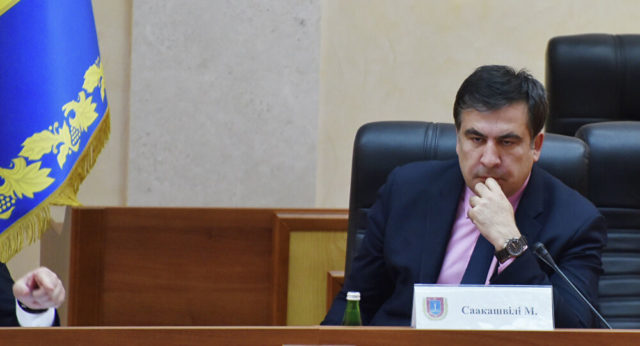
The Politics of Reform: Saakashvili’s Odesa Mission (Part One)
Georgia’s former president, Mikheil Saakashvili, has accepted Ukrainian President Volodymyr Zelenskyy’s offer to chair the Executive Committee of Ukraine’s National Council for Reforms (Ukrinform, May 7). Taking up the new challenge, Saakashvili promised to draw on the experience of his universally recognized achievements in Georgia... MORE
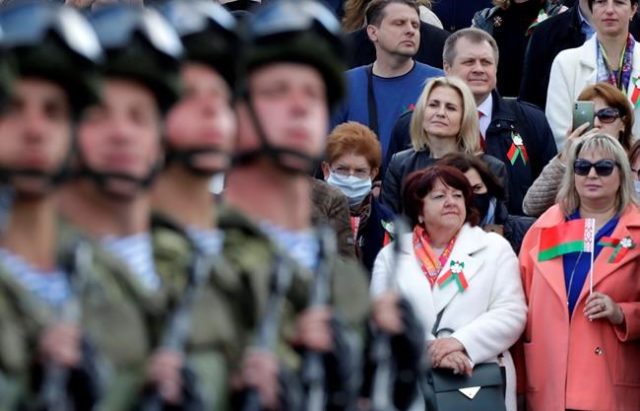
Belarusian Victory Day Parade in Midst of Pandemic: A Propaganda Coup Against Moscow
In the evening of May 6, the Belarusian Ministry of Foreign Affairs (MFA) deprived Alexei Kruchinin, a journalist from Russian TV’s First Channel, of accreditation, effectively sending him and his camera crew packing (Tut.by, May 6). The reasoning behind this move was a four-minute-long TV... MORE

Russian Regions Face High Budget Deficits and Little Support From the Central Government
The pandemic and the partially related collapse in oil prices will lead to the highest budget deficit in the Russian regions for the past 20 years, despite the support of the central government, says a recent assessment by the global credit rating agency S&P. Regions... MORE
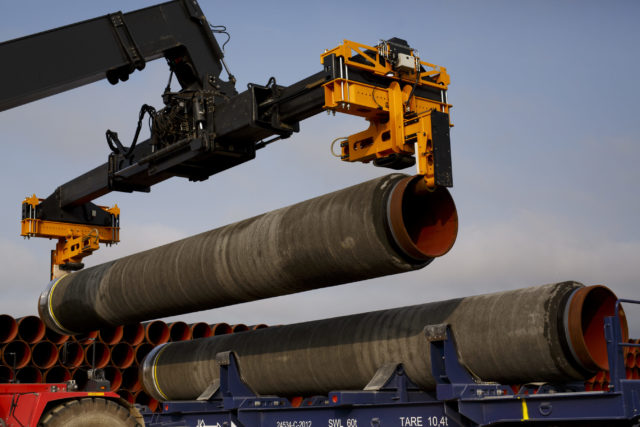
Baltic Pipe Will Undermine Moscow’s Geopolitical Hopes for Nord Stream Two
Moscow has been rather explicit in that it wants to use the trans-Baltic Nord Stream Two natural gas pipeline to more aggressively dictate gas prices and transit conditions to Ukraine. But even as the project approaches completion, despite United States sanctions, it may ultimately fail... MORE

Amid COVID-19, Old and New Conspiracy Theories Multiply in Armenia
The COVID-19 crisis has exacerbated the ongoing disinformation campaign in Armenia. Old and new false claims and biased narratives have been actively promoted in recent weeks by multiple actors, foreign and domestic. A Russian propaganda campaign pursuing geopolitical objectives has, to a large extent, overlapped... MORE
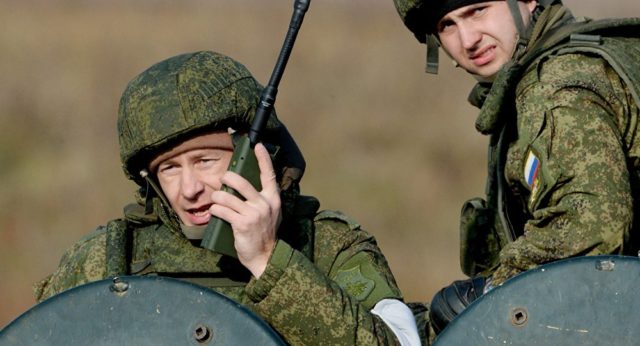
Radio Exercises and Trends in Russian C2 Capabilities
Despite the reported impact of COVID-19 on Russia’s military-industrial complex (Vedomosti, April 10), deliveries of new equipment continue (see EDM, March 25, April 1), including of modernized radios (Mil.ru, April 28) intended to improve the command-and-control (C2) capabilities of the Russian Armed Forces (see EDM,... MORE
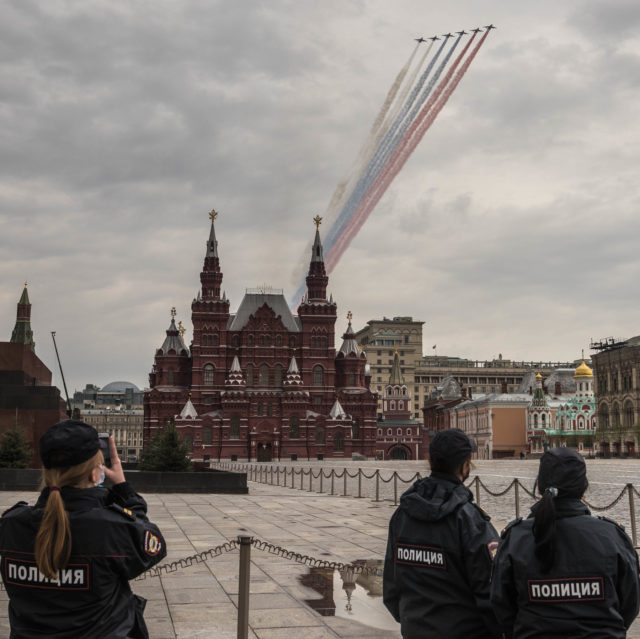
Amidst Subdued Celebrations, Russia Reflects Upon the Meaning of Victory
The celebration of the 75th anniversary of Victory (always with a capital “v”) in the Great Patriotic War against Nazi Germany was supposed to be the pivotal political moment of the year, marked by an extravagant parade on Red Square and multiple public shows. The... MORE
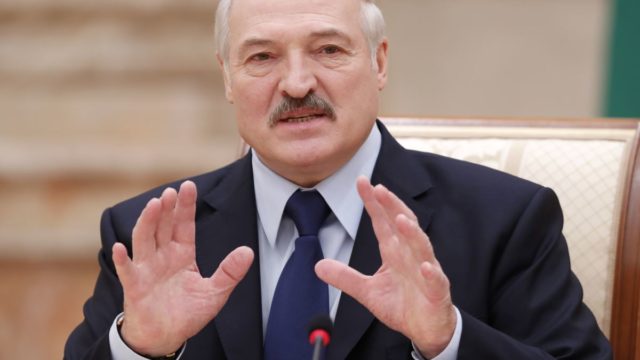
Belarusians Worry About the Economy
Belarus has been preoccupied in recent days with President Alyaksandr Lukashenka’s decision not to cancel this year’s annual May 9 Victory Day military parade, which marks arguably the country’s most important public holiday. “I must say that we cannot cancel the parade,” declared Lukashenka on... MORE